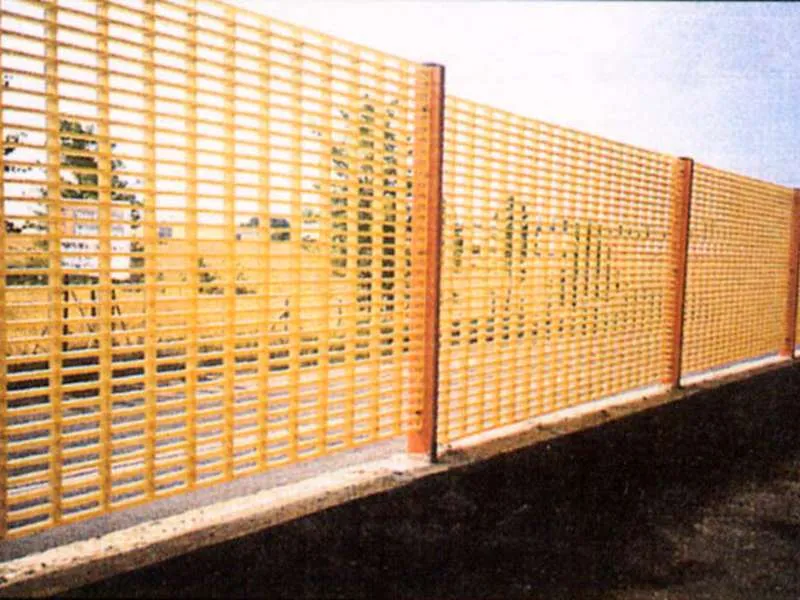
-
 Afrikaans
Afrikaans -
 Albanian
Albanian -
 Amharic
Amharic -
 Arabic
Arabic -
 Armenian
Armenian -
 Azerbaijani
Azerbaijani -
 Basque
Basque -
 Belarusian
Belarusian -
 Bengali
Bengali -
 Bosnian
Bosnian -
 Bulgarian
Bulgarian -
 Catalan
Catalan -
 Cebuano
Cebuano -
 China
China -
 China (Taiwan)
China (Taiwan) -
 Corsican
Corsican -
 Croatian
Croatian -
 Czech
Czech -
 Danish
Danish -
 Dutch
Dutch -
 English
English -
 Esperanto
Esperanto -
 Estonian
Estonian -
 Finnish
Finnish -
 French
French -
 Frisian
Frisian -
 Galician
Galician -
 Georgian
Georgian -
 German
German -
 Greek
Greek -
 Gujarati
Gujarati -
 Haitian Creole
Haitian Creole -
 hausa
hausa -
 hawaiian
hawaiian -
 Hebrew
Hebrew -
 Hindi
Hindi -
 Miao
Miao -
 Hungarian
Hungarian -
 Icelandic
Icelandic -
 igbo
igbo -
 Indonesian
Indonesian -
 irish
irish -
 Italian
Italian -
 Japanese
Japanese -
 Javanese
Javanese -
 Kannada
Kannada -
 kazakh
kazakh -
 Khmer
Khmer -
 Rwandese
Rwandese -
 Korean
Korean -
 Kurdish
Kurdish -
 Kyrgyz
Kyrgyz -
 Lao
Lao -
 Latin
Latin -
 Latvian
Latvian -
 Lithuanian
Lithuanian -
 Luxembourgish
Luxembourgish -
 Macedonian
Macedonian -
 Malgashi
Malgashi -
 Malay
Malay -
 Malayalam
Malayalam -
 Maltese
Maltese -
 Maori
Maori -
 Marathi
Marathi -
 Mongolian
Mongolian -
 Myanmar
Myanmar -
 Nepali
Nepali -
 Norwegian
Norwegian -
 Norwegian
Norwegian -
 Occitan
Occitan -
 Pashto
Pashto -
 Persian
Persian -
 Polish
Polish -
 Portuguese
Portuguese -
 Punjabi
Punjabi -
 Romanian
Romanian -
 Russian
Russian -
 Samoan
Samoan -
 Scottish Gaelic
Scottish Gaelic -
 Serbian
Serbian -
 Sesotho
Sesotho -
 Shona
Shona -
 Sindhi
Sindhi -
 Sinhala
Sinhala -
 Slovak
Slovak -
 Slovenian
Slovenian -
 Somali
Somali -
 Spanish
Spanish -
 Sundanese
Sundanese -
 Swahili
Swahili -
 Swedish
Swedish -
 Tagalog
Tagalog -
 Tajik
Tajik -
 Tamil
Tamil -
 Tatar
Tatar -
 Telugu
Telugu -
 Thai
Thai -
 Turkish
Turkish -
 Turkmen
Turkmen -
 Ukrainian
Ukrainian -
 Urdu
Urdu -
 Uighur
Uighur -
 Uzbek
Uzbek -
 Vietnamese
Vietnamese -
 Welsh
Welsh -
 Bantu
Bantu -
 Yiddish
Yiddish -
 Yoruba
Yoruba -
 Zulu
Zulu
fiberglass fan
The Versatility of Fiberglass Fans
In the realm of industrial and commercial applications, fiberglass fans have emerged as a groundbreaking solution for various ventilation and cooling needs. With their unique composition and design, these fans offer numerous advantages over traditional metal or plastic alternatives. This article aims to explore the diverse uses, benefits, and innovative designs of fiberglass fans, shedding light on why they are becoming increasingly popular in various sectors.
What is a Fiberglass Fan?
Fiberglass fans are ventilation devices composed primarily of fiberglass-reinforced plastic. This material affords them several critical properties, such as high strength-to-weight ratios, corrosion resistance, and durability. These fans are characterized by their lightweight yet robust construction, enabling them to function effectively in challenging environments. As industries have evolved and demands have changed, fiberglass fans have found their niche in several applications, fulfilling needs that were once thought to be impossible.
Applications in Different Industries
1. Industrial Ventilation Fiberglass fans play a vital role in industrial settings, ensuring effective air circulation and contamination management. They are widely used in chemical processing plants, wastewater treatment facilities, and food production facilities. Their resistance to harsh chemicals and corrosive environments makes fiberglass fans the ideal choice for demanding applications.
2. Agriculture In the agricultural sector, especially in animal husbandry, maintaining optimal ventilation is crucial for the health and productivity of livestock. Fiberglass exhaust fans are employed in barns, greenhouses, and chicken coops to regulate temperature and humidity levels. This ensures a comfortable environment for animals, promoting growth and decreasing mortality rates.
3. HVAC Systems Fiberglass fans have also found a place in heating, ventilation, and air conditioning (HVAC) systems. Their ability to facilitate airflow efficiently without causing excessive noise or vibration has made them popular in commercial buildings and residential applications alike. In addition, their lightweight nature makes them easier to install compared to heavier materials.
4. Marine Applications The marine industry faces unique challenges regarding corrosion and moisture exposure. Fiberglass fans are particularly beneficial in ship ventilation systems, as they resist seawater corrosion and can withstand harsh maritime conditions. This attribute ensures longevity and reliability in critical applications, such as engine cooling and cabin ventilation.
fiberglass fan

Key Benefits of Fiberglass Fans
The benefits of fiberglass fans are significant and multifaceted. Here are some key advantages that contribute to their increasing adoption
- Corrosion Resistance The fiberglass material is inherently resistant to rust, decay, and chemical damage, making it ideal for environments where moisture and corrosive agents are present. This resistance translates to a longer lifespan and reduced maintenance costs.
- Lightweight Design The lightweight nature of fiberglass fans simplifies installation and reduces the strain on mounting structures. Whether installed in industrial facilities or agricultural settings, the ease of handling often results in lower installation costs and quicker project timelines.
- Energy Efficiency Many fiberglass fans are designed to operate at high efficiencies, helping to reduce energy consumption. With rising energy costs and a growing focus on sustainability, the energy-saving potential of these fans is increasingly appealing to businesses aiming to lower their carbon footprint.
- Noise Reduction These fans are engineered to operate quietly, providing effective ventilation without the disruptive noise often associated with industrial fans. This is particularly vital in settings where noise levels must be controlled for the comfort of workers or animals.
Conclusion
Fiberglass fans represent a versatile and effective solution for a wide range of ventilation and cooling applications across various industries. Their unique properties, such as corrosion resistance, lightweight design, energy efficiency, and noise reduction, make them an ideal choice in challenging environments. As industries continue to evolve and seek innovative solutions, fiberglass fans are poised to play an increasingly important role in meeting ventilation demands effectively and sustainably. With ongoing advancements in material science and engineering, the future of fiberglass fans looks promising, ensuring that they will remain a vital component of modern industrial and commercial systems.









